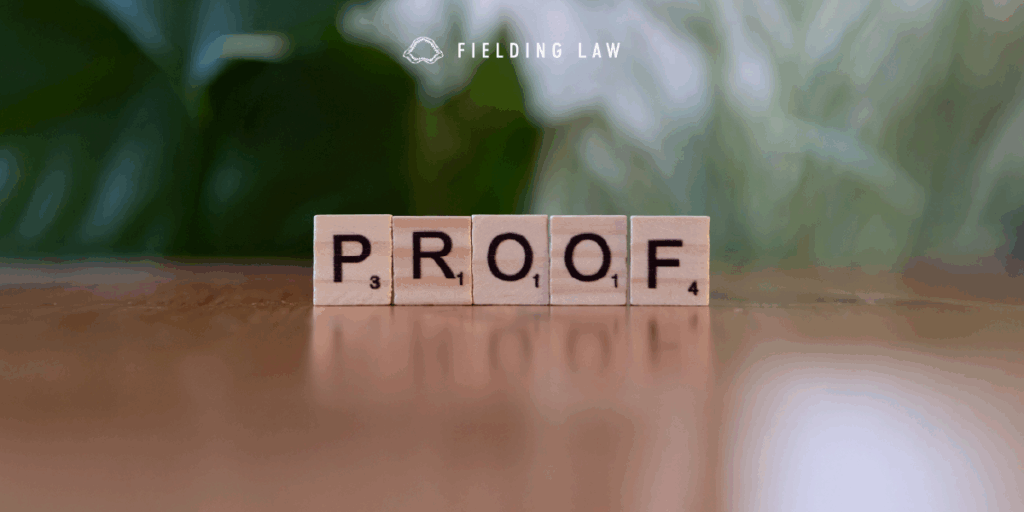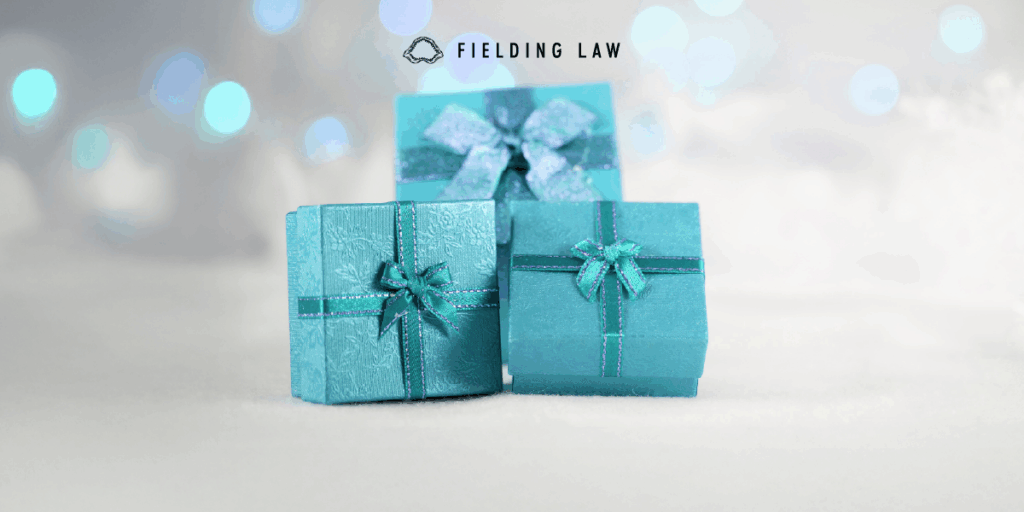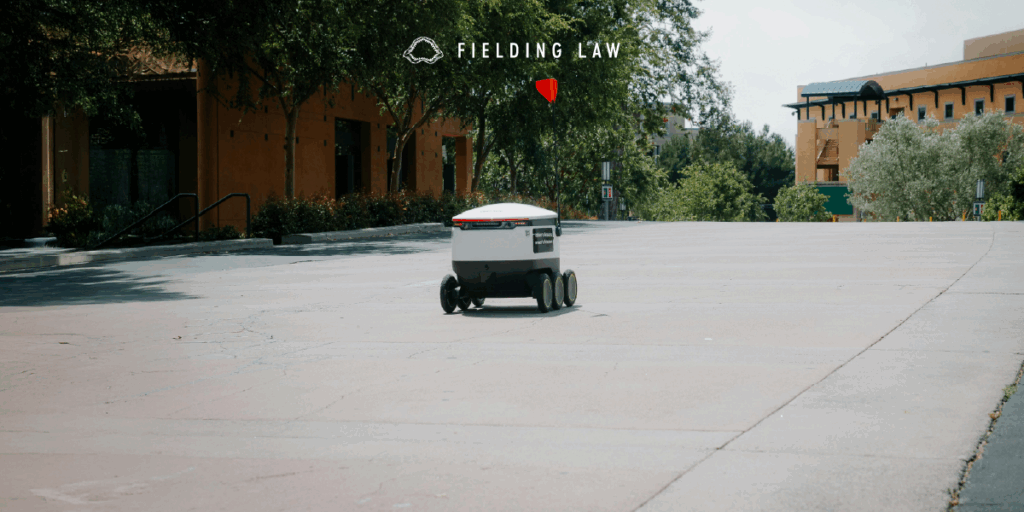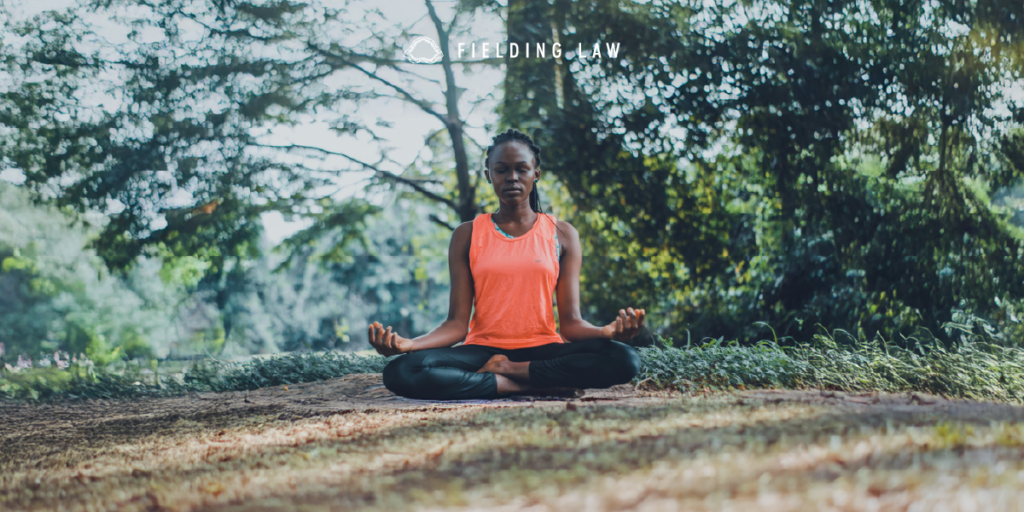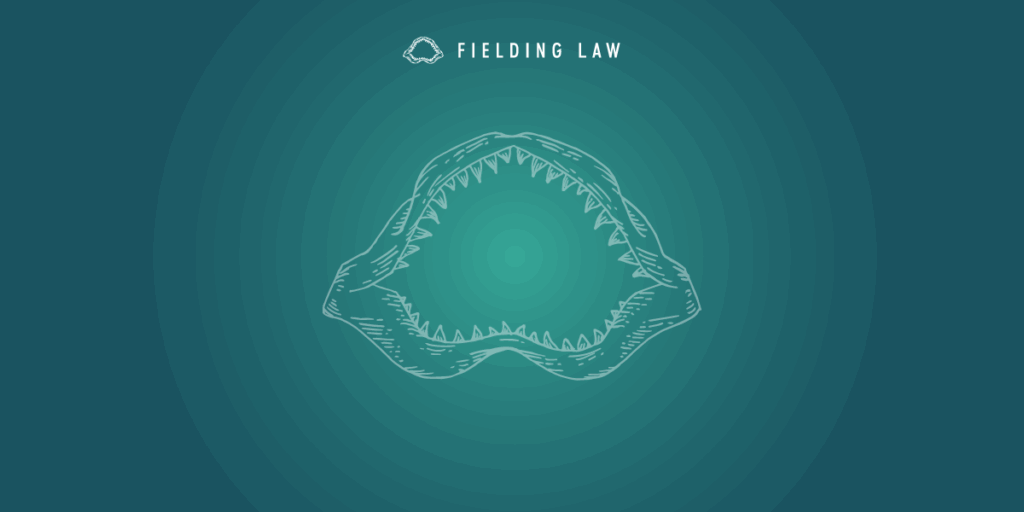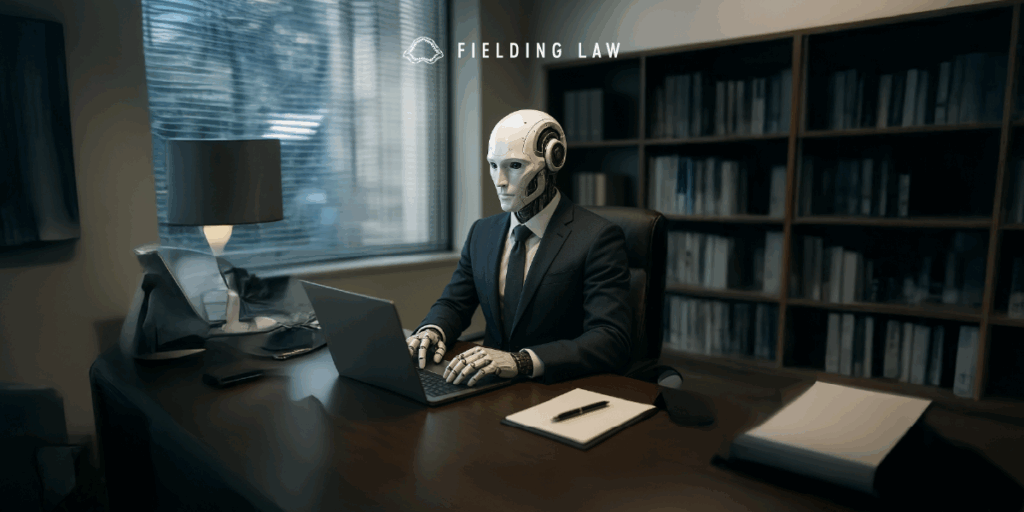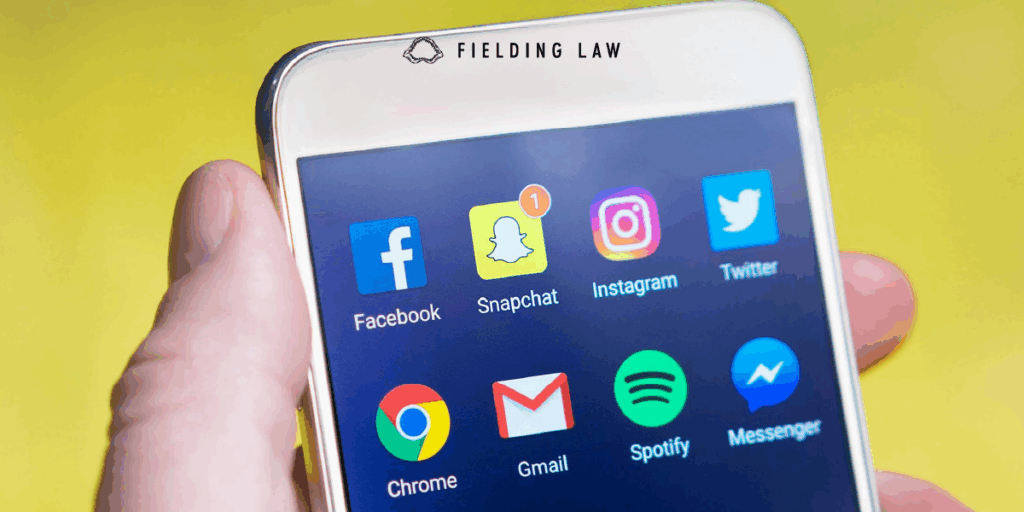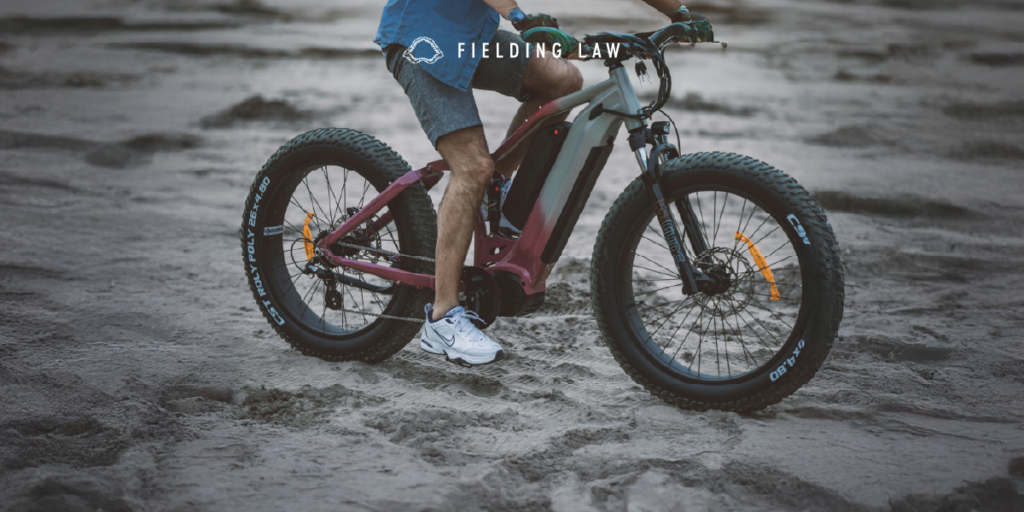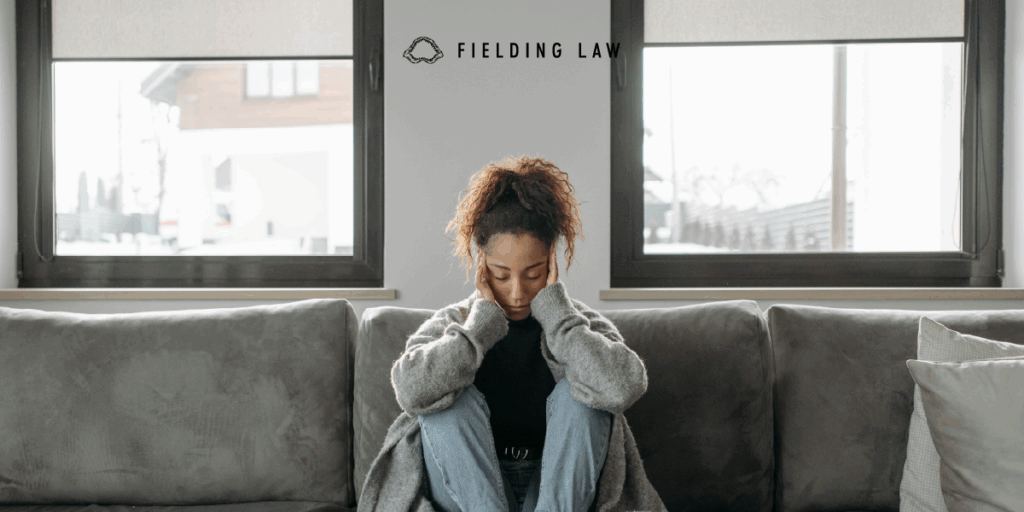
What Is a Traumatic Brain Injury?
A traumatic brain injury, often called a TBI, happens when a sudden impact or force disrupts how the brain works. This can occur during a car accident, fall, sports injury, or any event where the head strikes an object or is violently shaken.
Even mild injuries like concussions can cause lasting problems. Understanding traumatic brain injury after effects is important for proper care and long term recovery.
Common Causes of TBIs
Traumatic brain injuries often result from preventable accidents. Common causes include:
-
Car, truck, and motorcycle crashes
-
Sports and recreational injuries
-
Falling objects or unsafe property conditions
In many cases, these injuries occur because someone acted negligently. When that happens, legal options may be available.
Short Term Symptoms May Fade, Long Term Effects May Not
Some symptoms appear right away, while others develop gradually. Headaches or dizziness may improve, but many traumatic brain injury after effects can last for years or even a lifetime.
Long term effects may include:
-
Memory loss or difficulty concentrating
-
Mood changes, including anxiety or depression
-
Personality changes
-
Sleep problems
-
Sensitivity to light or noise
-
Chronic headaches
-
Difficulty with speech or balance
Even daily tasks can become challenging, and relationships, work, and personal independence may be affected.
How TBIs Affect Work and Daily Life
Brain injuries often impact earning potential. A person may require reduced hours, job modifications, or even a career change. Therapy, medications, and medical appointments can create additional financial stress.
Beyond financial challenges, traumatic brain injury after effects can affect independence. Many people need assistance with transportation, household tasks, or personal care, which can be stressful for the entire family.
TBIs in California and Arizona
California and Arizona recognize traumatic brain injuries as serious personal injuries. Each state has its own rules for filing claims.
In California, personal injury claims usually must be filed within two years. Arizona typically follows the same two year statute of limitations. Cases involving minors or government entities may have different rules.
Brain injuries often worsen over time. Waiting too long can make it harder to link symptoms to the original accident. Consulting an attorney early can help preserve evidence and medical records.
Why Hire Fielding Law
Traumatic brain injury after effects require careful evaluation, medical expertise, and legal guidance. At Fielding Law, we understand how deeply these injuries can impact every part of life. Our team works closely with doctors and experts to capture the full impact, not just what is immediately visible.
We listen, explain options clearly, and handle your case with professionalism and care. If you or a loved one is living with the long term effects of a brain injury caused by negligence, you do not have to face it alone. Contact Fielding Law or call 833.88.SHARK to speak with our team.
Note: Information provided is for educational purposes and does not constitute legal advice. Always consult with a qualified attorney for legal concerns.
